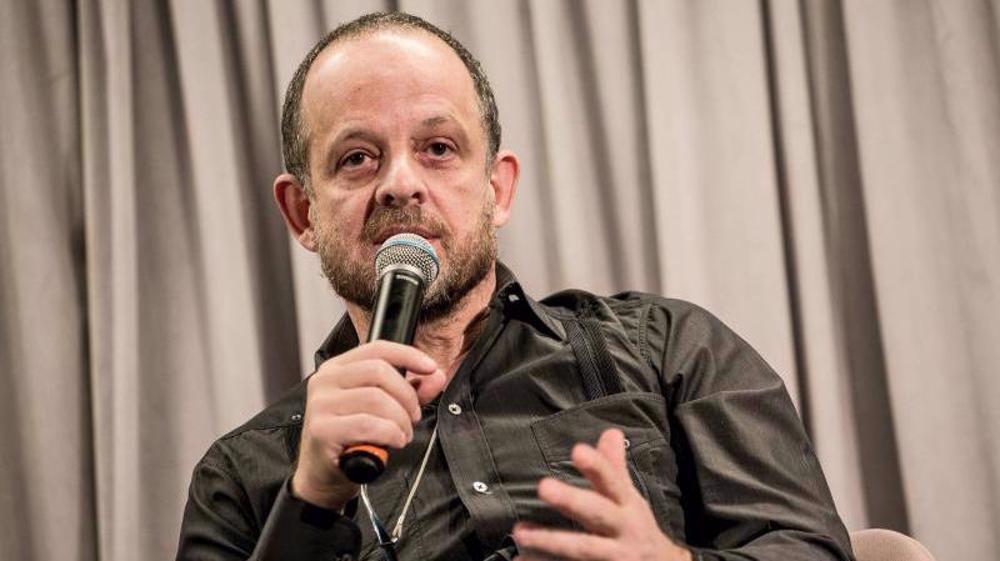Brazilians rally against Rousseff’s impeachment in Sao Paulo
Supporters of Brazil's suspended President Dilma Rousseff have taken to the streets in the southern city of Sao Paulo to protest against her impeachment trial scheduled for next week.
On Wednesday, the demonstrators called on interim President Michel Temer to step down and voiced their anger at the upcoming vote that would decide Rousseff’s political fate as president.
The trial is slated to open on August 25, four days after the Olympic Games end in Rio de Janeiro. Senate President Renan Calheiros said the vote would likely take place on August 30, the day after the embattled leader testifies before the chamber.
Holding banners and placards that read “Go away Temer,” the protesters condemned as undemocratic and unconstitutional the appointment of Temer as president potentially until 2018.
Rousseff faces charges of illegally manipulating finances to hide a growing public deficit ahead of her re-election in 2014.
The Brazilian first woman president has accused her opponents of trumping up the charges against her to remove her in a “coup.”
In a letter to the Senate and Brazilian people on Tuesday, 68-year-old Rousseff admitted she had made mistakes, but said she had done nothing worthy of impeachment.
“I have listened to the tough criticisms of my government, for the errors committed,” she said. “I accept these criticisms with humility and determination so that we can build a new way forward.”
She also vowed to support early elections if she is reinstated, saying the political and economic problems gripping Brazil could only be resolved through the nation’s vote.

The Brazilian Senate voted a week ago to hold an impeachment trial for Rousseff.
She will be given time to take a stand and defend herself on August 29, said the chief justice of the Supreme Court, Ricardo Lewandowski, who will preside over the trial.
A two-thirds majority of the Senate, or 54 votes, would be needed to see her permanently removed from office.
If the trial acquits Rousseff, she will be allowed to serve out her term until 2018. But if it removes her permanently, then Temer will become the full-fledged president until the next election in 2018.
Rousseff is also under fire over a graft scandal at state oil company Petrobras, where she was the manager before taking office as president in 2010.
The embattled leader has denied the allegations and repeatedly asserted that she has fallen victim to a plot by the extreme right.
Israel preparing to stay in southern Lebanon after ceasefire: Report
Israeli pressure on Hamas ‘hardly helped’; swap deal necessary: Ex-Mossad chief
Far-right Israeli minister Ben-Gvir again storms al-Aqsa Mosque
Iran: Israel’s attack on journalists’ vehicle in Gaza amounts to ‘war crime’
VIDEO | Israel’s war spending
Palestine Action wins again
VIDEO | Palestinian Authority's blockade of Jenin refugee camp reaches third week
Dec. 25: ‘Axis of Resistance’ operations against Israeli occupation













 This makes it easy to access the Press TV website
This makes it easy to access the Press TV website